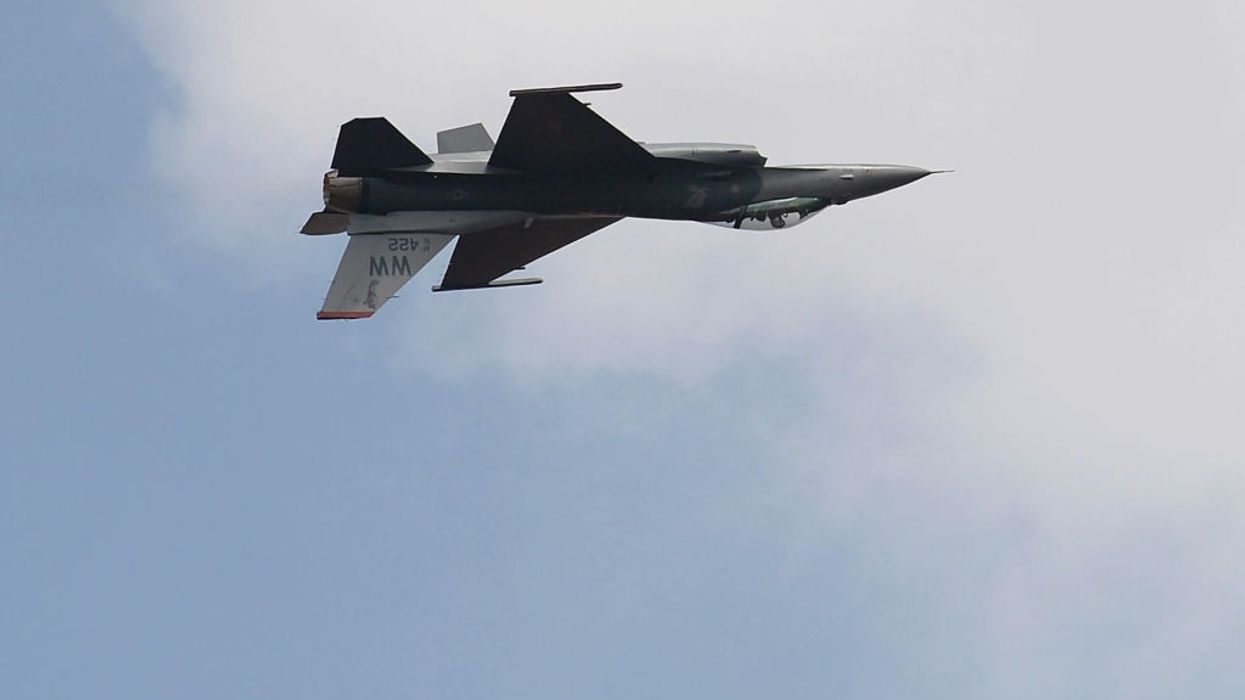TATA Advanced Systems has partnered with Lockheed Martin to manufacture wings for F-21 aircraft in India.
The joint venture - Tata Lockheed Martin Aerostructures Ltd (TLMAL) - between the Tata group company and the American aerospace and defence hardware major comes after the Indian firm produced parts for a fighter aircraft wing prototype.
“Another achievement added to the partnership between the US and India with the successful qualification of the fighter wing shipset prototype project at #TLMAL”, the Indian arm of Lockheed Martin tweeted.
It also referred to the ‘Make in India’ initiative of prime minister Narendra Modi’s government to boost manufacturing in the country.
Lockheed said Tata can be one of its potential future co-producers of aerospace equipment which will help both companies demonstrate that they can establish a production ecosystem in India.
“Lockheed Martin partnered with Tata Advanced Systems to build one of the most technologically complex aerostructures - a fuel-carrying 9G, 12,000 hour, interchangeable/replaceable fighter wing,” Lockheed vice president of strategy and business development, Aimee Burnett, said in Hyderabad.
According to her, the partnership shows her company’s “degree of confidence” in Indian defence manufacturers.
In 2019, Lockheed won contracts from the US and Slovakia to supply F-35 and F-16 fighter aircraft. It also recently unveiled a new F-35 simulator that utilises advanced mission training technologies to support the training of military pilots in various environments, The Defense Post reported.
Tata struck a $2.9 billion (£2.19 bn) deal to supply 56 Airbus C-295 medium transport aircraft to the Indian Air Force and 40 of them will reportedly be built by Tata on India’s first private sector aircraft assembly line, it said.
Tata managing director Sukaran Singh said his company and Lockheed are setting “a new benchmark” for complex defence manufacturing in India that demands high precision and quality.
The successful completion of the fighter wing shipset prototype is another achievement for both defence firms, he said.




